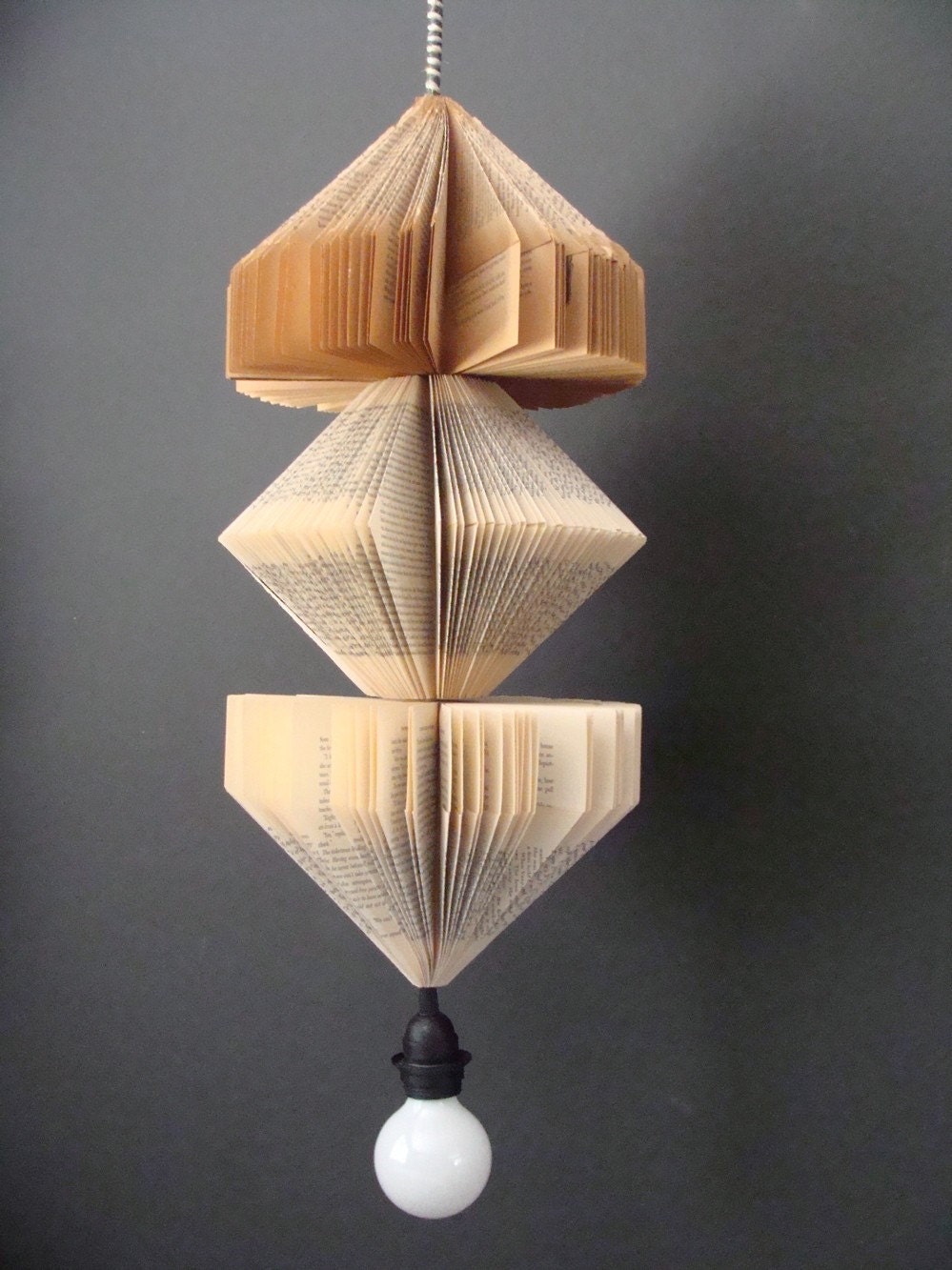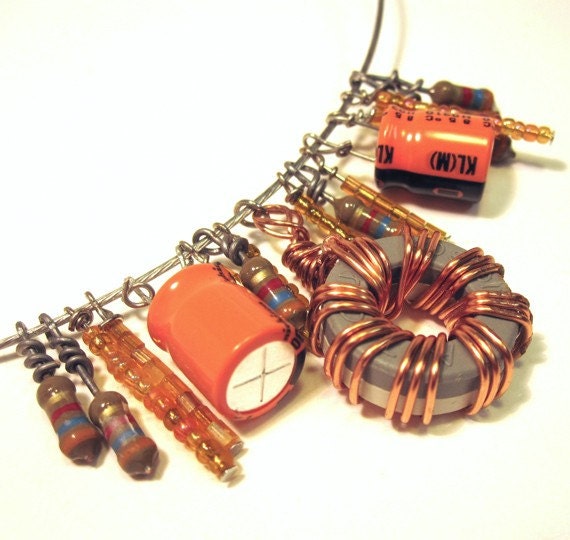Okay, just kidding, I don't really want to fight with you! But it is a debatable subject. A relatively new term to many, confusing to most, and adopted by more and more everyday, if you follow this blog you'll know I've mentioned that Spell Check still thinks it's a misspelled word. And when I search certain phrases including upcycle in it's different forms, Google wants to make other suggestions! Actually in Europe, Canada and Australia, it's already a more accepted and practiced philosophy than here in the US. We tend to still use recycle, reuse, repurpose, etc. But most of those terms are considered a lateral application, by it's very nature UP-cycle is to increase the value of a resource from it's previous state. In other words, treasure from trash. The argument lies in who determines the value of art or treasure: the old adage applies. One man's junk is another man's treasure. And that's why the meaning of upcycling is up for debate.
According to Fluffy Pads (yes, I said Fluffy Pads!) on Wordpress, "The term upcycling generally refers to the repurposing of waste materials or those items that were initially intended on being disposable... however the term is increasingly being extended beyond the definition that is given by McDonaugh and Braugart (the authors that orginally coined the term) and is being extended to the repurposing of anything that was intended to end up in the landfill." So if the original product was not intended for a landfill and was only lying around not being used for a "higher" purpose, does that mean if you "repurpose" it, it's not upcycled? Take for instance the debate posed by The Alternative Consumer:
"Take two rubber boots and seamlessly meld them into a designer bag – since the boots were never worn, all you green sticklers out there can debate whether this qualifies as upcycling, recycling or just a neat conversation starter…" To which the comment was made:
"It’s definitely debatable. If the boots were headed to a landfill (because of flaws, recalls, bankruptcy, etc.) then there could be a case for it being an upcycled or at least repurposed. But to buy a perfectly good product to create a new product is in no way “green”, and probably wastes a lot of material that could be saved if the bag were just designed and manufactured as its own product."
Another argument about the upcycling debate was posed a few years ago when the Sustainability Dictionary posted their meaning of "upcycling" as:
"A term coined by William McDonaugh and Michael Braungart. The process of converting an industrial nutrient (material) into something of similar or greater value, in its second life. Aluminum and glass, for example, can usually be upcycled into the same quality of aluminum and glass as the original products."
This resulted in several comments, some of which were:
Sandy: "If you take something that would normally be thrown into a recycle bin (glossy paged magazines) and use parts of it to make something truly beautiful, what is this called? I would call it upcycling because you are turning it into something even more valuable than it was originally."
Dan W.: "Your question... forces us to think about the comparative "value" or "quality" of semi-incomparable products...I would say that magazine covers, after being transformed into art, *do* have greater value than a virgin magazine cover. I think that if this application, they most certainly have been upcycled."
Jessica: "It is to my understanding that the process of recycling uses the transfer of energy to change the physical state and components of the item to them recreate another item similar. Say for instance and aluminum can. Once melted down into a liquid it is then used to make other similar cans. With upcycling it is a bit different. There is no energy used to create a new item. You may take thick plastic and cut it down to paper size print words onto it and create a book. Or taking 20 oz soda tops and creating a mosaic of an influential person, both of which are not using energy to change the physical state of the item, and turning it into something more valuable."
Carolyn Allen: "Would such works of art, etc. that do not undergo transformative material processing be considered 'reuse' rather than 'recycling'?"
Well said points, good arguments. But still evidently a matter of opinion. The true question seem to boil down to another age old debate: Art vs. Science. There is no determining factor for the value of Art, it is not an exact Science. Sure, as purveyors of our art, we determine a selling point of profit and value. But, again this is a matter of opinion and personal determination. No one can tell another how valuable another's aesthetic taste is. Who hasn't stood in an art gallery and shook their head and muttered, "And they call that art?"
As for my opinion, I agree with the anonymous, eloquent, last quote on the article aforementioned, and maybe others did as well, which may be why it was the last comment:
"It is helpful to remember that one of the keys to upcycling is the awareness it sheds on us all. I would not try to take away from someone the joy of calling their work upcycled, if they think it is, it probably is. Rather we should take a step back and realize all of these efforts are helping us move towards an awareness of the waste in our own lives, in all forms."
And so, there it is, just what is upcycling? I guess, that's a matter of opinion and "UP" for debate. But, I, for one, think it's just beautiful...




Terrific post! So good to read about different opinions of upcycling. I agree that upcycling requires energy, but I disagree with the idea that a machine has to do it and that using your hands to make something more valuable out of something else is not using energy. If it burns calories, it requires energy! It's okay that the machine that did it has a brain.
ReplyDeleteAnd one way to settle the debate about whether a particular item is made more valuable by upcycling is looking at the bottom line: will people pay more for the upcycled item than the original?
Great post Cat!
ReplyDeleteGreat information here Cat. Reminds me of many I saw several years ago on Vintage/Antique.
ReplyDeleteGreat post and some interesting points. Call it upcycling, repurposing or whatever, if it's raising awareness and keeps reusable stuff out of the landfill...then it's a good thing.
ReplyDeleteThank you all for the great feedback! And the compliments, I appreciate your comments.
ReplyDeleteAnd Yes, Red Crow, I agree, the debate over Vintage/Antique is still a gray line as well...I have a hard time with the whole 20 years, 100 years thing. It's also similar to the Fine Art versus Mixed Media. I see a lot more acceptance now from many that collaging and assemblage is Fine Art.
ReplyDeleteI lived in Lesotho for twenty years from 1980 to 2000. There they've been 'upcycling' for decades without even knowing it! There was very little that couldn't be brought back into service in a creative and useful way.
ReplyDelete